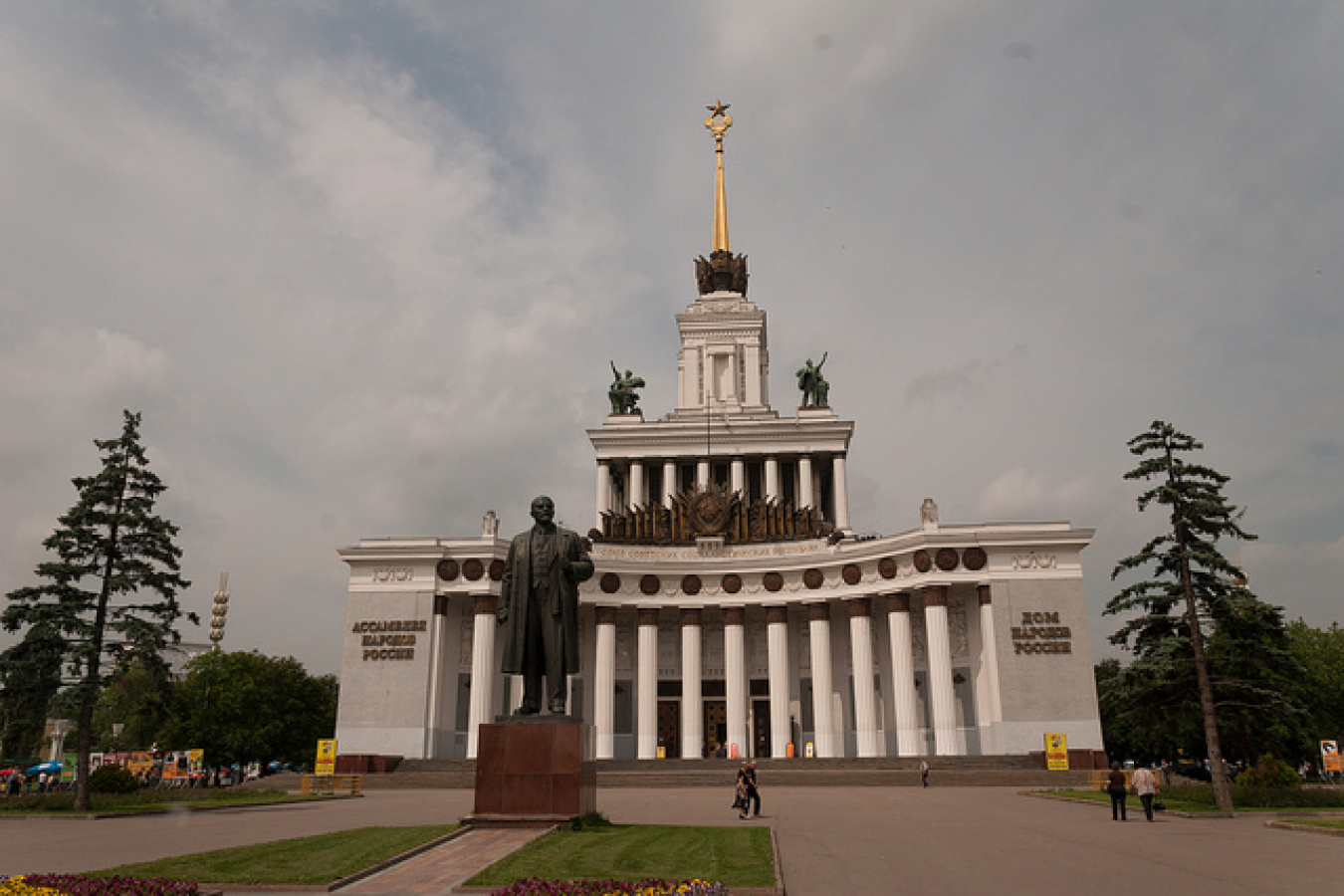Support migrant centric journalism today and donate

As a result of a recent crackdown on illegal immigration into Russia, some tough new laws are coming into effect that will limit the percentage of foreign-born workers who may take jobs in some areas.
The number of non-Russians working in the retail trade is now being limited to 40% and, by 2008, that number is supposed to be zero.
The new law was proposed after race riots in northern Russia last summer. In the aftermath of the riots, President Vladimir Putin spoke of the need to defend the interests of the native population.
In mid-November of 2006, Russia's Prime Minister Mikhail Fradkov announced that from January 2007, Russia would bar foreigners from certain retail sectors, with sales of alcohol and pharmaceutical goods being singled out, along with the many open markets throughout the country.
Initially, from April 2007, the ban will be extended to cover foreigners working in all markets and street kiosks. They are among the most important sources of employment for migrant workers, along with the construction industry.
Currently, police raid the country's markets on a daily basis, enforcing quotas on the number of foreign workers.
While the focus has been on illegal migrants, the majority of the officially estimated 10-12 million foreigners working in Russia, the changes in legislation are affecting all immigration into the country.
Immigration officials say that the new laws have encouraged more foreigners to apply for legal residency status, even if they will remain barred from working in retail.
At the time of the November announcement, the deputy head of Russia's migration service, Vyacheslav Postavnin, called for limits on the concentration of ethnic minorities in towns and cities across the country. Postavnin said their numbers should not exceed 20%, to prevent "enclaves" emerging in which native Russians were outnumbered.
"According to our calculations, compact habitation by citizens of another country in any district or region of the country should not surpass 17% to 20%, especially if they have a different national culture and religious faith," said Mr. Postavnin, quoted by the Vremya Novostei daily.
"Exceeding this norm creates discomfort for the indigenous population."
The result of the effort is that the Russian government says it needs to take control of the huge number of foreign workers.
Human rights activists, however, are concerned that many of the measures are pandering to widespread racism rather than representing true reform.
Measures being implemented in their current forms, they say, help to fuel xenophobia by portraying foreign workers from the former Soviet republics - typically from the Caucasus and Central Asia - as responsible for crime and social problems.
Related:
• Russian government set to overhaul immigration• 300,000 Russians in the UK, "Londongrad" a prime location
• Russian President calls for review of immigration laws
• Finland grants asylum and residence permits to dozens of Chechens
• Immigration fails to stem European population loss
• EU and EEA labor market trends





















